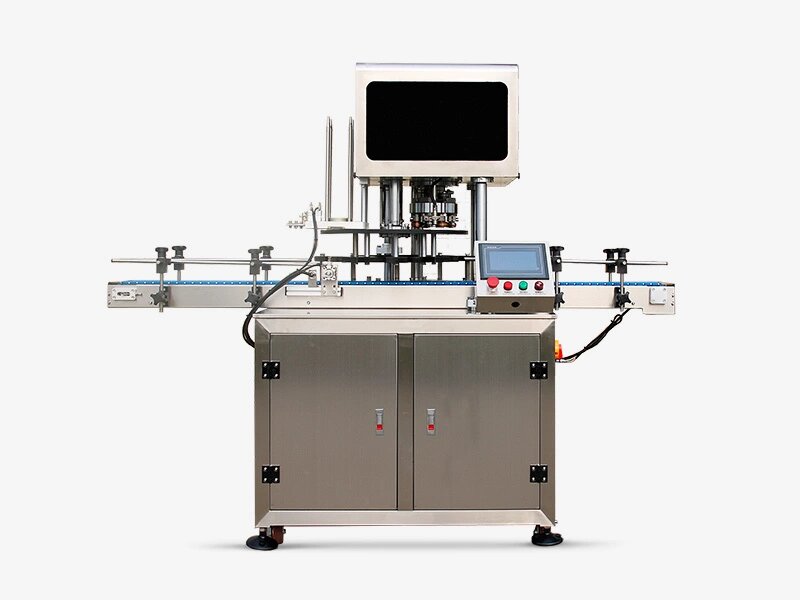A filling machine is a piece of packaging equipment that distributes product materials into bags, pouches, bottles, jars and other containers. Different products and package sizes require different types of machines.
For example, a bottle-filling machine might be best for lotions and perfumes, while a jar or can filling machine is better for liquid products such as mayonnaise and salad dressing. The type of container also affects the design of the machine.
They design and build the machines
There are many factors that go into the design of a liquid-filling machine. These include the type of product, container size, and automation level. These factors vary depending on the application and specific project needs. For example, a free-flowing powder such as table salt or granulated sugar requires a different system than a thicker product that cannot be compressed.
Liquid bottle-filling machines can be used in a number of industries, from cosmetics to pesticides. Choosing the right machine for your business is important to ensure that your production process is efficient and accurate. The right machine can reduce production costs, improve product quality, and increase efficiency.
Unlike other packaging equipment, liquid filling machines are highly versatile and can be configured to handle various types of containers. They can also be used for different viscosities of liquid. For example, check valve piston fillers are best for low-viscosity liquids, while rotary piston fillers are used for thicker products.
They install the machines
There are a few things to consider when choosing the perfect filling machine. These include the product, container type and level of automation. The first factor is the product viscosity, which is a measure of how thick or liquid a product is. Less viscous products like water flow freely, while more viscous products require a more powerful pump to move them into the containers.
Liquid filling machines can save your business a lot of money and reduce labour-intensive mechanical processes. This means you can spend more time on high-end tasks such as designing or delivering quality service. These machines can also help you improve production efficiency and reduce content spillage.
These machines have a wide range of applications and are designed for different types of containers, such as bags, pouches, jumbo bags, and plastic bottles. They can also fill powdered or granulated materials, such as salt, powdered sugar, coffee, and flour. They also have a conveyor system that organizes the bottles and dispenses them with precision.
They test the machines
To ensure that the machine is working correctly, manufacturers use a variety of methods to test it. These include checking the volume of the product dispensed by the filling nozzles and valves, and testing for contamination. Contamination can occur if the machine is not cleaned properly, or if foreign objects or contaminants are introduced into the system. In addition, filling machine manufacturers must check the machine for electrical issues.
Linear filling machines dispense liquid into containers using a series of pumps, valves, and nozzles. The machines are typically connected to conveyor belts and turntables, and may also have labelers and capping stations. In some cases, the machines will also have a checkweigher and metal detectors to verify that the containers are filled with the correct amount of liquid.
These machines are used to package liquid, paste, granule, and powder products. They are particularly useful for large industrial operations that produce or use huge quantities of small parts, such as screws and bolts, which are then packaged into smaller containers to be shipped and sold in hardware stores.
They maintain the machines
A filling machine is a packaging equipment that is used to pour a precise amount of liquid into containers. This can help reduce production costs and maintain product quality standards. There are a few different types of filling machines, depending on the type of liquid and container. These machines can be inline/linear or rotary. Inline/linear machines are cheaper and can be upgraded easily, while rotary machines tend to be more expensive and specialised for specific products and containers.
The main factor that determines which type of filling machine a business needs is the viscosity of the liquid. Less viscous products like water flow freely, while thick or high-viscosity liquids require a different type of machine to dispense the liquid properly.
A piston filler machine uses a piston and cylinder to dispense the liquid, which is more accurate than a pump filler. It is also suitable for a variety of products, including liquids with particulates or chunks in them.









































